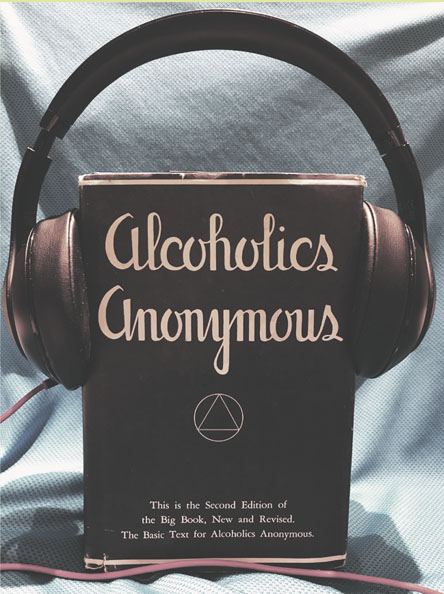Podcast: Play in new window | Download (Duration: 26:56 — 19.0MB) | Embed
Subscribe: Apple Podcasts | Spotify | Android | Pandora | iHeartRadio | TuneIn | Deezer | RSS
This 48th episode marks the beginning of the Personal Stories section in the 2nd Edition of Alcoholics Anonymous published in 1955.
While the 11 chapters in the first 164 pages of the Big Book preserved AA’s message as it was originally published in the 1st Edition of Alcoholics Anonymous in 1939, the personal stories section in the 2nd Edition was subject to major revisions. Of the 29 stories published in 1939, only three (including Dr. Bob’s Nightmare) were retained intact for the 2nd Edition. One was retitled, three were edited, and two were completely rewritten. The remaining stories were omitted.
By the way, you can listen to these lost stories from the 1st Edition of the Big Book by revisiting earlier episodes of this podcast. Simply scroll down to hear those stories that many members of AA have never seen or heard. They’re fascinating.
In compiling the Personal Stories for the 1955 Big Book, AA co-founder Bill W. sought to better reflect the broad range of ages, religions, races, ethnicities, lifestyles, and occupations that the nearly 150,000 AA members then represented in the Program. In a 1954 letter, written while collecting new stories, Bill spoke of the essential importance of the stories and the need for revision. He said, “The story section of the Big Book is far more important than most of us think. It is our principal means of identifying with the reader outside of A.A.; it is the written equivalent of hearing speakers at an AA meeting; it is our show window of results.”
Bill went on to say, “The main purpose of the revision is to bring the story section up to date, to portray more adequately a cross section of those who have found help—the audience for the book is people who are coming to Alcoholics Anonymous now.”
While the 1st Edition simply labeled the section Personal Stories, Bill restructured the story section into three parts: Pioneers of AA; They Stopped in Time; and They Nearly Lost All. There is a preface of sorts that describes all 3 parts and the stories section in general. Each part has its own brief introduction and every story has a sentence or two prefacing the story itself. And unlike the 1st Edition of the Big Book, in which stories were neither prefaced or numbered, the 2nd Edition numbers each story within each part, except for the first story, Dr. Bob’s Nightmare which curiously is not numbered.
The many structural and editorial changes evident in the 2nd Edition of Alcoholics Anonymous speak to the broad experience and understanding that Bill W. and other contributors to the Big Book gained during the 15 intervening years since its first publication. While contemporary members of AA may find these stories and those from the first edition to be somewhat dated in their tone and style, their impact on the reader or listener is as great as it ever was. In my humble opinion, the message still rings true because these stories were written by alcoholics whose experience provides a legacy of hope for all who embrace the program of Alcoholics Anonymous.
